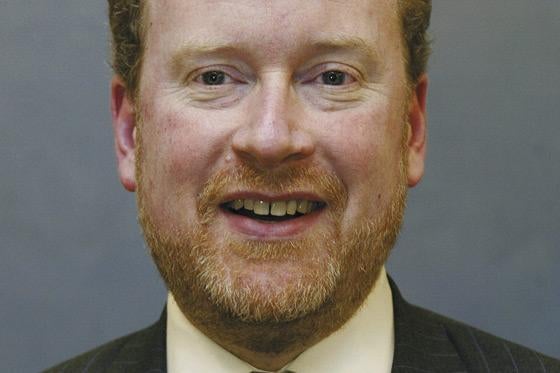
The editor-in-chief of Reuters has admitted that job cuts for journalists can’t be ruled out following the company’s green light for its merger with the Canada-based Thomson Corporation.
The £8.7bn deal, which now has the OK from regulators on both sides of the Atlantic, will see the creation of Thomson Reuters – one of the largest employers of journalists in the world.
Thomson first approached Reuters in May last year with a 691p pre-share acquisition offer, which valued Reuters at £8.7bn.
The move ends Reuters 150-year history as an independent UK-based news organisation.
Reassurance
When asked what reassurance Reuters’ editor-in-chief David Schlesinger could give its journalists, he said: ‘Change is completely constant in our industry – particularly now – it is completely inevitable.
‘If you look at Reuters over our history, change has been constant. We started as purely a news agency and we haven’t been that for four decades – we’ve expanded into financial information.
‘Even in our main media operation we’ve changed by going straight to consumer in the past two years.
‘I wanted to join Reuters and I’ve been with the company for 20 years. I’m happy that Reuters, as a new brand, will retain both our heritage within journalism, but also our ability to change with the time and the industry.”
Explaining why the deal was approved by the Reuters Founders Share Trust, which is intended to guarantee the company’s independence, he said: ‘What the Founders Share Trust protected against was unwanted takeovers, but it allowed a deal to be approved that would actually further the aim of the company.
‘The Trust wanted to make sure that we do have the ability to grow and flourish in the future.”
He emphasised that the Founders Share Trust system is now being incorporated across the whole of Thomson Reuters to guard editorial independence.
The merged company has said it expects to make £250m of cost savings over three years.
When asked whether this would mean editorial cuts, Schlesinger said: ‘Reuters has 2,400 journalists and after the companies come together there will be more journalists working for the new company than are currently working for Reuters.”
But he added: ‘One plus one will not equal two. We have to look at areas where we overlap.”
Consultation
The National Union of Journalists – which represents a majority of journalists who work for both Reuters and Thomson in the UK – said it has yet to have any detailed consultation about the deal, despite requests.
A meeting is now expected to take place between the NUJ and Reuters management within the next week and the NUJ has said it will resist any compulsory redundancies.
Schlesinger said he believes the deal will make Reuters better placed to face a possible economic downturn, such as in 2002 when 3,000 jobs were cut across the business.
And he said that size will be crucial to the success of companies working in its market.
He said: ‘My theory is that the winners will be either those who are very big or those who are very small, very niche. The ones who will really have problems are those in the undifferentiated middle.”
He said the company is ‘much better placed’now than in 2002. ‘The problem last time was we had economic problems combined with our own company problems.”
Email pged@pressgazette.co.uk to point out mistakes, provide story tips or send in a letter for publication on our "Letters Page" blog
